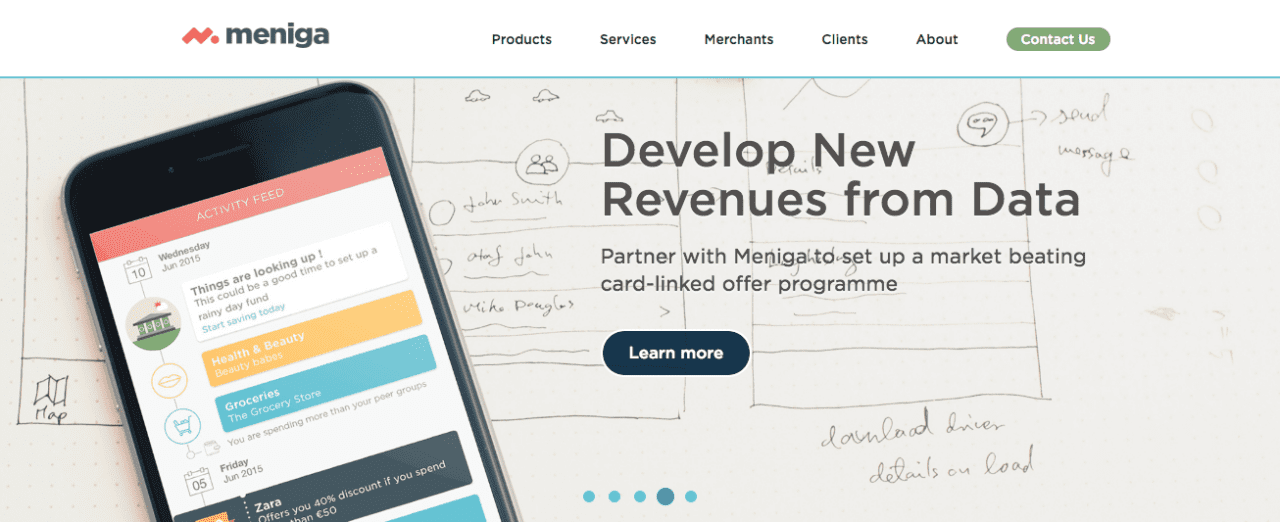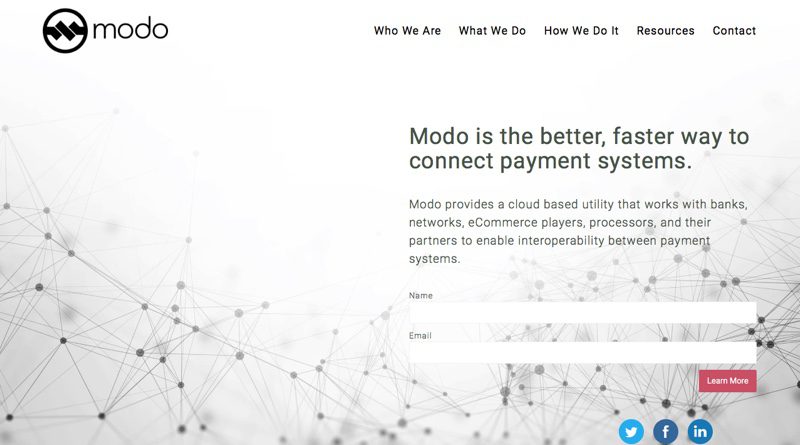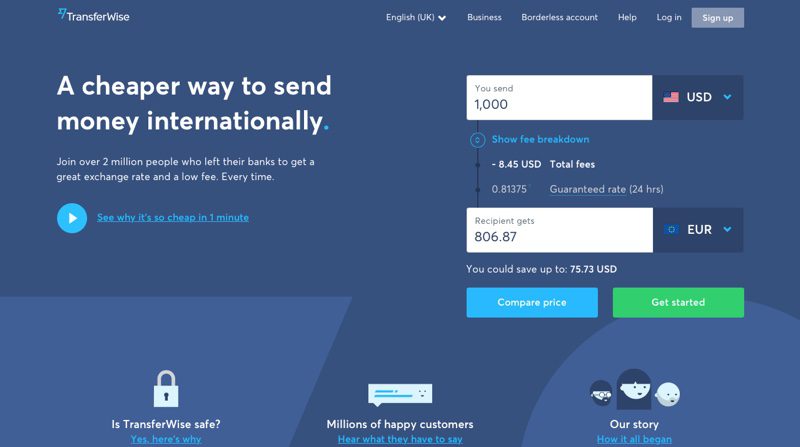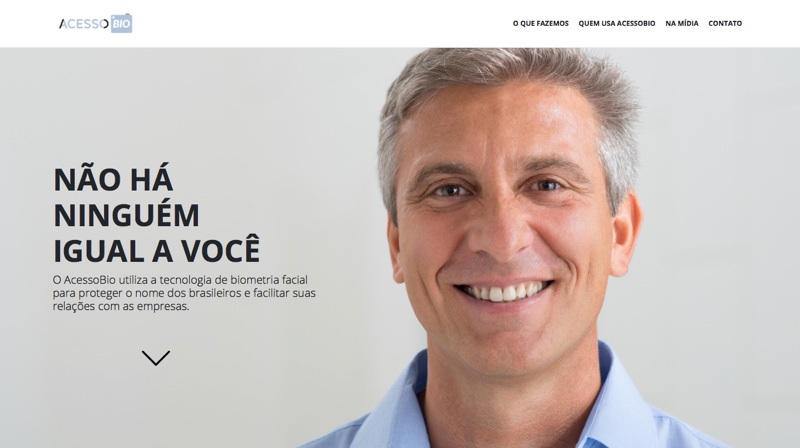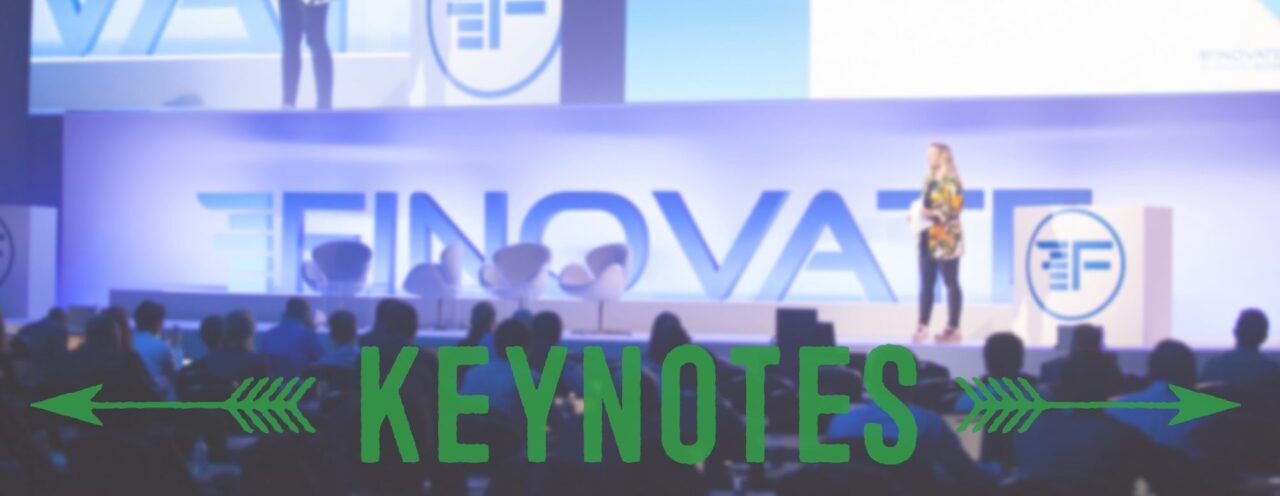
We’re just two weeks away from what is shaping up to be spring’s blockbuster fintech event. FinovateSpring is coming to Santa Clara, California on May 8 through 11.
On the blog, we started off our coverage of the upcoming event with our Sneak Peek series and took an in-depth look at some of the topics that will be considered as a part of the discussion days. Today, we’re unveiling the keynotes. Here are the speakers that will take the stage on days three and four of the event to offer up insight on the blockchain and voice technology:
 Bettina Warburg
Bettina Warburg
How Blockchain will revolutionise the industry
Warburg is a thought-leader in the emerging blockchain space and leads the blockchain practice at Animal Ventures, including research, development, and commercialization across the ecosystem of blockchain innovation.
Warburg is passionate about the convergence of technology and politics and the impact it will have on our future. She is the Executive Producer of a new tech show called Tech on Politics, interviewing some of the greatest minds in technology, media, venture capital, and government about the convergence of technology and politics. As a Public Foresight Strategist at the Institute for the Future, a Silicon Valley think tank, Warburg brought a futures lens to a variety of strategic initiatives with top corporations, foundations, education institutions, and city governments.
In 2016, Warburg was invited by TED to be one the first speakers ever to unpack the topic of blockchain to a global audience. She has given talks and curated conferences such as Skoll World Forum, Salzburg Global Seminar, City Innovate Summit, Personal Democracy Forum, and at numerous universities. Warburg’s work has been cited in publications such as The Atlantic, Center for Public Impact, ICMA.org, and the San Francisco Chronicle.
 Adam Cheyer
Adam Cheyer
The rise of Natural Language Processing (NLP), smart speakers (Alexa), and a future with far less screen time
Cheyer is co-founder and VP of Engineering of Viv Labs, a startup whose goal is to simplify the world by providing an intelligent interface to everything. In October 2016, Viv was acquired by Samsung. Previously, Cheyer was co-founder and VP of Engineering at Siri, Inc. When Siri was acquired by Apple in 2010, he became a Director of Engineering in the iPhone/iOS group.
Cheyer is also a Founding Member and Advisor to Change.org (180 million people taking action, victories every day), and a co-founder of Sentient.ai (solving the world’s hardest problems through massively-scaled machine learning). As a researcher, Cheyer authored 60 publications and 25 issued patents. At SRI International, he was Chief Architect of CALO, one of DARPA’s largest AI and machine learning projects. Cheyer graduated with highest honors from Brandeis University and received the “Outstanding Masters Student” from UCLA’s School of Engineering.
We’ll see you on May 8 through 11 at the Santa Clara Convention Center in Santa Clara, California. If you haven’t saved your spot, register today. And don’t hesitate to contact us with any enquiries or customer service needs.



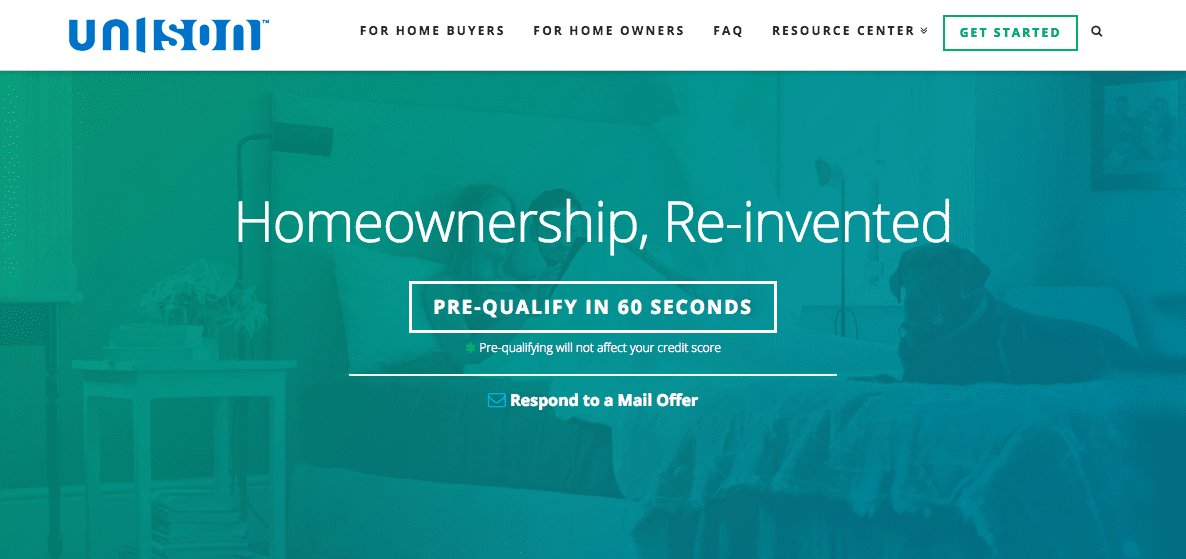
 To help drive future growth, Unison appointed Cari Jacobs (pictured) as the company’s Chief Marketing Officer. Jacobs most recently served as VP of integrated marketing at ModCloth and has previously driven marketing objectives at well-known brands such as Toyota, Lexus, Procter & Gamble, Intuit, General Mills, Levi’s, Coca-Cola and Prudential Real Estate. The company also appointed Quintin Gomez as the director and head of engineering.
To help drive future growth, Unison appointed Cari Jacobs (pictured) as the company’s Chief Marketing Officer. Jacobs most recently served as VP of integrated marketing at ModCloth and has previously driven marketing objectives at well-known brands such as Toyota, Lexus, Procter & Gamble, Intuit, General Mills, Levi’s, Coca-Cola and Prudential Real Estate. The company also appointed Quintin Gomez as the director and head of engineering.



 Adam Cheyer
Adam Cheyer